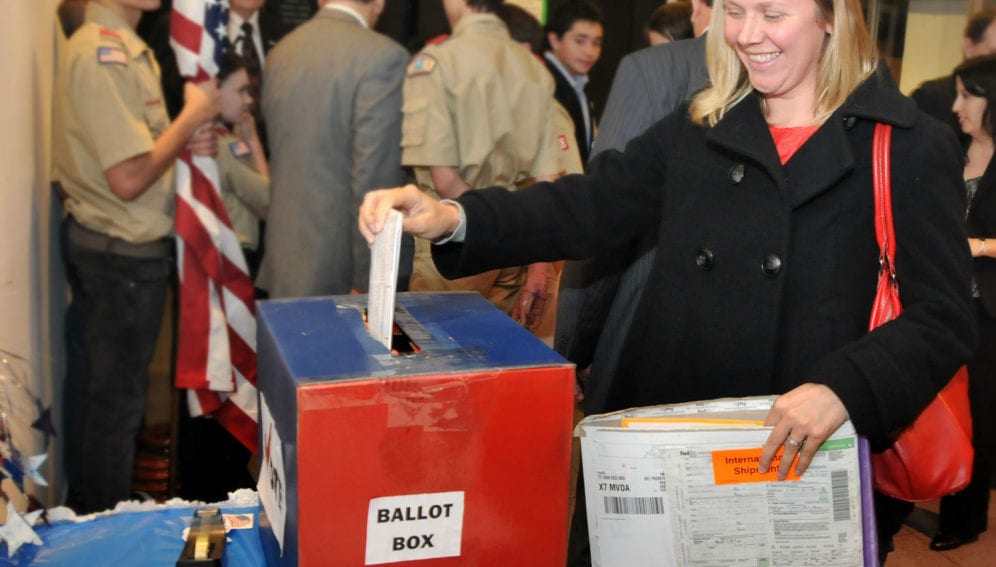Send to a friend
The details you provide on this page will not be used to send unsolicited email, and will not be sold to a 3rd party. See privacy policy.
[MONTEVIDEO] The four candidates seeking to be Uruguay’s next president have signed a joint agreement setting out which science and technology priorities their policies will aim for regardless of who wins the 26 October elections.
The policy measures agreed on 29 August aim to improve capacity in higher education, science and innovation by providing new and expanded funding and by restructuring key scientific bodies.
The pioneering move was promoted by the National Academy of Sciences of Uruguay (ANCiU), and is its first political achievement since its creation in 2009, according to its secretary, Rafael Radi.
“The agreement is aimed at retaining and enhancing scientific capital and putting it to use in the service of national social, cultural and economic development,” Radi says.
He adds that ANCiU based the draft document on forums and discussions with local scientists before working with the presidential candidates for a year to agree science targets and actions for the next government, which the president will lead from 2015 to 2020.
“We cannot train new scientists without quality scientists professionally involved in scientific research. Thus, in my opinion, we must insist on quality. And quality is given by an exclusive dedication to scientific research.”
Juan Cristina, Uruguay’s University of the Republic
Agreed priorities include: strengthening funding programmes for research and training; creating initiatives to retain researchers in the country; and providing grants to ensure scientists can do full-time research for up to five years.
The document says there is a need to strengthen existing research centres and develop “new areas of great potential such as mining and geophysics, biomedical research, molecular biology and genomics”.
It also says the next government must hire more scientists to improve “the scientific capabilities of state research institutions, public enterprises, ministries and local governments”.
Although scientists already work in public institutions, Radi says “there are very few, and they are working on technical tasks, not on research”.
To meet these goals, the document says the national science and technology budget should gradually rise to one per cent of GDP (gross domestic product) in 2020, when the president’s term ends. This budget is currently 0.45 per cent of GDP.
The agreement also calls for restructuring of the National Agency for Research and Innovation (ANII).
“The current ANII lacks the necessary power” to drive effective programmes, Radi tells SciDev.Net.
The agency must be run by paid, full-time staff, says Radi. The current situation of a “voluntary, ‘part-time’ directorate cannot carry out the required system expansion”, he says.
To ensure the agreement is honoured after the election, Radi says the ANCiU must continue to work with the elected president. “It is a continuous process,” he says.
According to Radi, Uruguay risks a scientific and technological lag if these plans do not materialise, with the loss of both junior and senior scientists abroad and a weakening of science and technology education.
The nation’s scientific system has expanded over the last decade as new institutions and programmes have been launched, he says. But, he adds, there has been a lack of adequate accompanying measures to prevent ‘brain drain’.
Juan Cristina, dean of the science faculty at Uruguay’s University of the Republic, applauds the initiative, especially the plans to increase the state’s scientific capabilities and to allow scientists to dedicate themselves full time to research.
“Developed countries have two per cent of the economically active population in research and development. In Uruguay, probably we have one per thousand. We need to train ten times more researchers than we are training now,” says Cristina.
“We cannot train new scientists without quality scientists professionally involved in scientific research. Thus, in my opinion, we must insist on quality. And quality is given by an exclusive dedication to scientific research,” he says.
> Link to document of the National Agreement for Research in Science and Technology (in Spanish)














